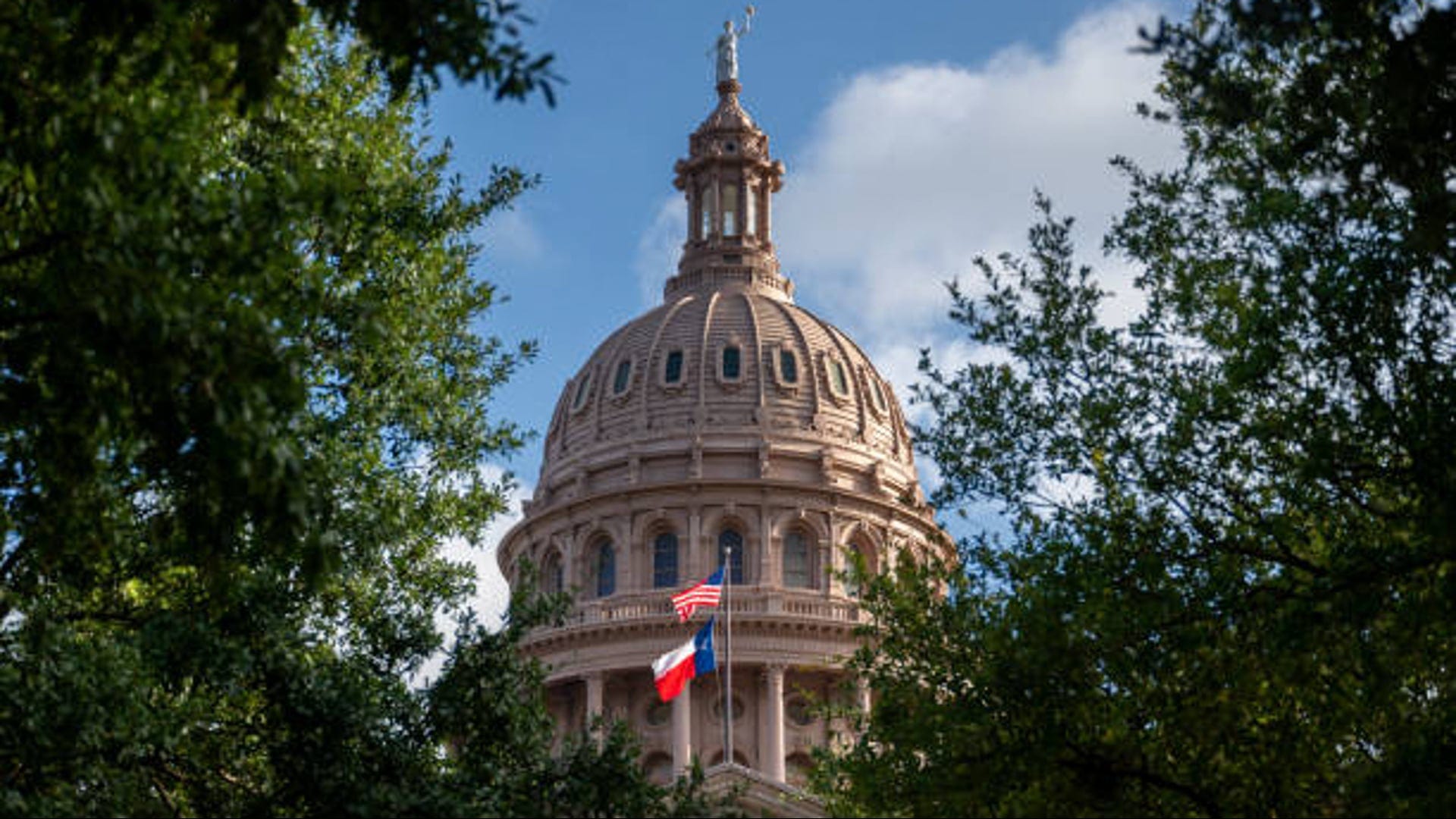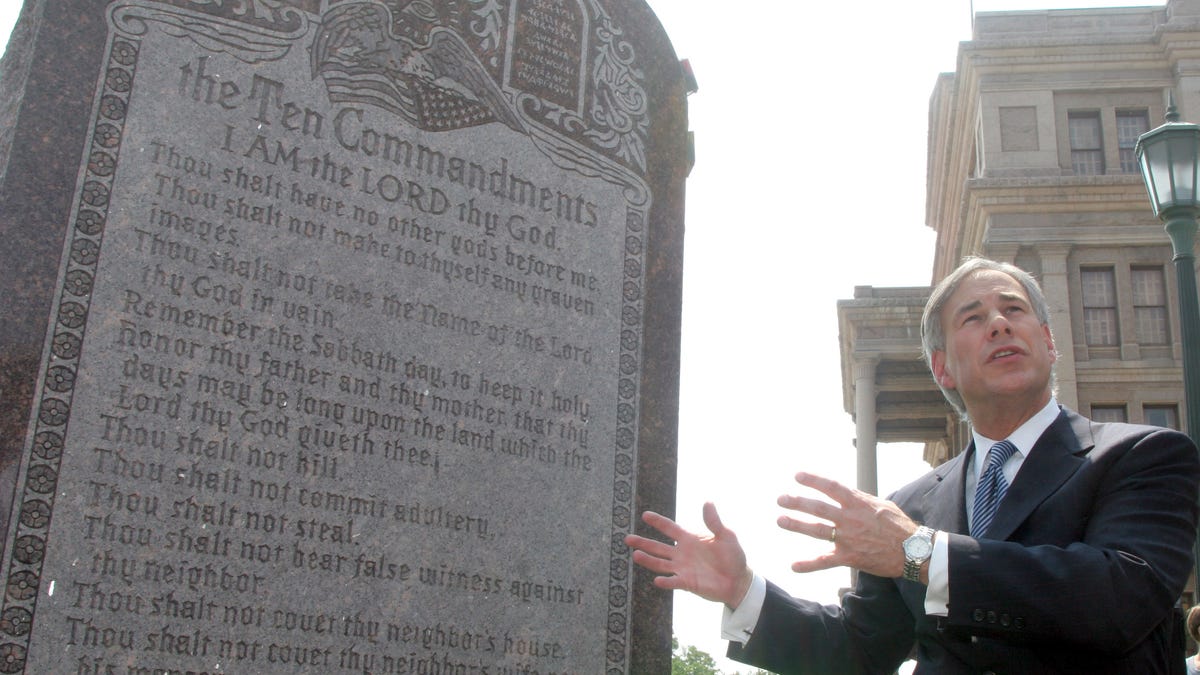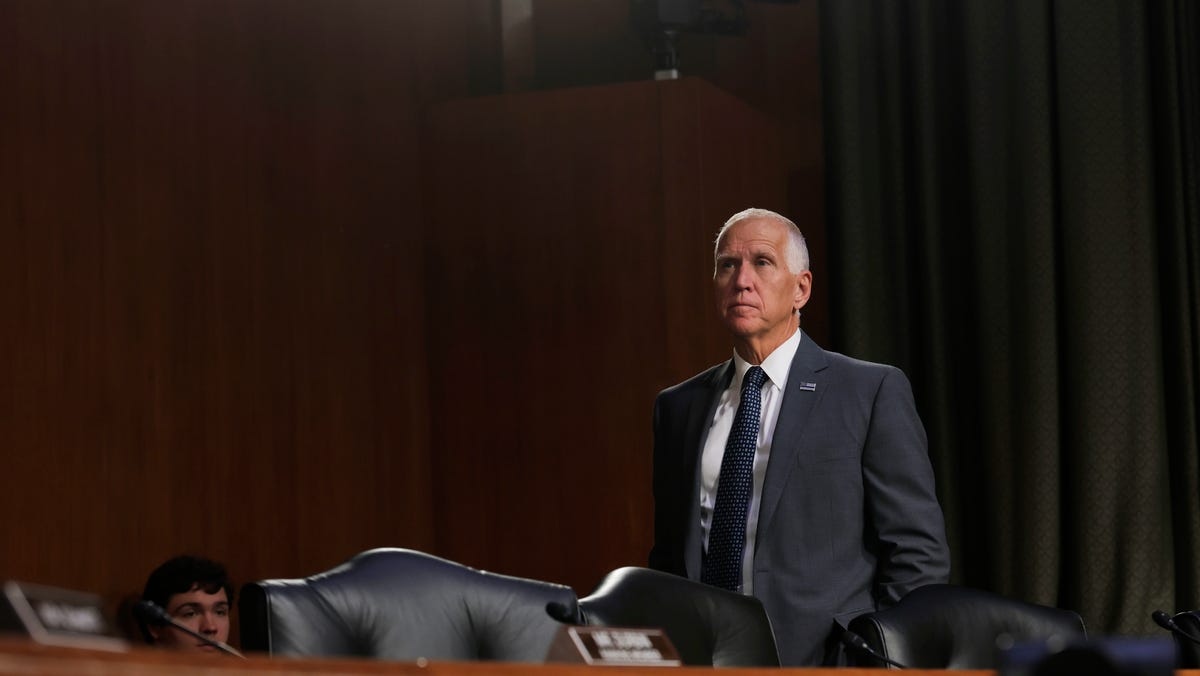For hard-right Republicans eager to upend America’s long legacy of religious freedom, unconstitutional legislation and legal challenges set the path. The Supreme Court is the destination.

Texas House passes bill mandating Ten Commandments in classrooms
The Texas House of Representatives passed a bill that would require the Ten Commandments be displayed in every public school classroom in the state.
unbranded – Newsworthy
The creeping Christian nationalist plot to force religion into public schools ‒ calculated to provoke legal challenges that could allow the conservative U.S. Supreme Court supermajority to obliterate part of our First Amendment ‒ took one step forward and one step backward in the same week recently.
For hard-right Republican state governors eager to upend America’s long legacy of religious freedom, both steps probably feel like they point toward an eventual victory.
In Texas, Gov. Greg Abbott signed into law on June 21 legislation mandating that public school classrooms display the Ten Commandments starting this fall. This is the same Greg Abbott who, just a day later, vetoed part of a different bill that would have accessed $450 million in federal funding for summer lunch programs for low-income children.
Abbott prefers forcing religion down the throats of the children of Texas to actually feeding them.
In Louisiana, on June 20, a three-judge panel from the 5th U.S. Circuit Court of Appeals upheld a November ruling that found a similar law violated the opening line of the U.S. Constitution’s First Amendment, known as the establishment clause, that prohibits our government from forcing religion on us in public places.
Louisiana Gov. Jeff Landry, who signed the legislation last June, vowed to appeal. And of course he did. Landry gave up the game a year ago when he said, “I can’t wait to be sued” for his Ten Commandments mandate.
Unconstitutional legislation and legal challenges set the path. The Supreme Court is the destination.
Buckle up for Supreme Court to decide Church v. State
In Arkansas, seven families filed a federal lawsuit on June 11 seeking to block that state’s version of the Ten Commandments mandate in public school classrooms. The law, signed by Republican Gov. Sarah Huckabee Sanders, is supposed to take effect in August.
The American Civil Liberties Union, ACLU state chapters, Americans United for Separation of Church and State and the Freedom From Religion Foundation are now representing families opposing the mandates in Louisiana and Arkansas. And they have vowed to take Texas to court.
Rachel Laser, who leads Americans United for Separation of Church and State, told me these Ten Commandments mandates are “an effort to turn America into a country that prefers European Christians over a country that’s dedicated to a pluralistic democracy and equality for all.”
She said the mandate proponents in Texas, Louisiana and Arkansas are designed to “raise a new generation of Americans who are indoctrinated in that Christian nationalist lie that America is a country for European Christians,” all in an effort to “get the Supreme Court to allow the Christianization” of public schools.
Annie Laurie Gaylor, cofounder of the Freedom From Religion Foundation, pointed to the First Commandment, taken by some literally, quoting God as saying, “You shall have no other gods before me.”
“No U.S. state or government ‒ whether Texas, Louisiana or Arkansas ‒ has the right to tell a captive audience of schoolchildren how many gods to worship, which gods to worship, or whether to worship any gods at all!” Gaylor told me. “The language of the First Commandment is the antithesis of our First Amendment.”
Christian nationalists want to unsettle our settled laws
This is settled law that Christian nationalists want to unsettle.
The Supreme Court in 1947 ruled that the Constitution’s establishment clause applies to both the federal government and state governments. In a 1980 ruling, justices struck down a Kentucky law mandating the posting of the Ten Commandments in public school classrooms. Our nation’s highest court ruled the same way in a similar Kentucky case in 2005.
So what’s changed? The Supreme Court. It tilted rightward in a supermajority in 2020 due to three nominations by Donald Trump during his first term as president.
But what do Americans want?
The Pew Research Center, in an analysis released June 23, cited its 2023-24 Religious Landscape Study, which surveyed 37,000 American adults and found that 52% favored allowing teacher-led prayer in public schools while 46% opposed it. That was driven by strong support among Christians, especially evangelicals, matched by strong opposition from Jews, Muslims, Buddhists, Hindus, atheists and agnostics.
And opinions varied when the survey was broken down, state by state, and when Americans were asked whether the prayers were to God with no specific mention of religion, or if Jesus was mentioned.
Three-quarters of the adults surveyed in Arkansas and Louisiana favored prayer in public schools that specifically referred to Jesus, while 61% backed that in Texas.
And that’s why the very First Amendment in our Constitution ‒ written as a list of priorities ‒ was crafted to protect Americans from the religious overreach of their government. It was intended to keep politicians like Abbott from force-feeding us his system of values that favors performative religious gestures over real-world caring for children.
Now we wait until this fight reaches the Supreme Court, where the justices will have to show us whether they revere our constitutional freedoms more than a mandate that our own Founding Fathers would have certainly rejected.
Follow USA TODAY columnist Chris Brennan on X, formerly known as Twitter: @ByChrisBrennan. Sign up for his weekly newsletter, Translating Politics, here.



![Jaguars exec says ‘100 [snaps] is a lot’](https://formen.fun/wp-content/uploads/2025/07/84436232007-usatsi-26431300-150x150.jpg)





